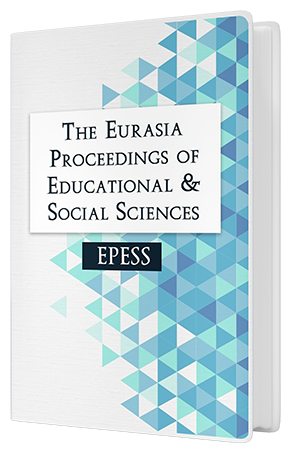Evaluate the Existing Political Oversight Role of Turkish Parliament over the Public Finance and in This Context Analyzed the New Turkish Presidential Government System
Keywords:
Political representation, Principal-agent theory, Political accountability, Governmental systems, 2017 constitutional amendmentAbstract
Turkey changed its 1982 Constitution and adopted a presidential form of government in 2017. This constitutional amendment changed the approval of the budget radically. Along with that, debates may arise in terms of political responsibility for not approved the budget by the Parliament, how the budget will accepted when the president and majority of the Parliament are from different party, and there is not any mechanism being in classical presidential system as public account committee to enhance parliamentary supervision over the executive branch. In this study, - we deliberate the concept of political power in representative democracy in terms of public decision-making and resource allocation process and then we analyze the existing political oversight role of Turkish Parliament over the public finance on the basis of democratic legitimacy of public decision-making process and political accountability. - we focus on oversight role of Turkish Parliament over the public finance at the point of using "power of purse after the Constitutional Amendment adopted on April 16, 2017. Within the context of this analysis, the new constitutional structure of Parliament's budget approval and audit process in Turkish Parliament was evaluated.Downloads
Published
Issue
Section
License
Copyright (c) 2018 The Eurasia Proceedings of Educational and Social Sciences

This work is licensed under a Creative Commons Attribution-NonCommercial-ShareAlike 4.0 International License.
The articles may be used for research, teaching, and private study purposes. Any substantial or systematic reproduction, redistribution, reselling, loan, sub-licensing, systematic supply, or distribution in any form to anyone is expressly forbidden. Authors alone are responsible for the contents of their articles. The journal owns the copyright of the articles. The publisher shall not be liable for any loss, actions, claims, proceedings, demand, or costs or damages whatsoever or howsoever caused arising directly or indirectly in connection with or arising out of the use of the research material. All authors are requested to disclose any actual or potential conflict of interest including any financial, personal or other relationships with other people or organizations regarding the submitted work.




